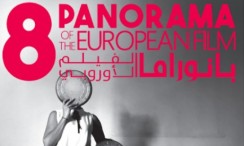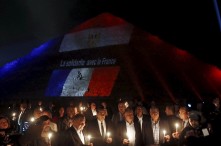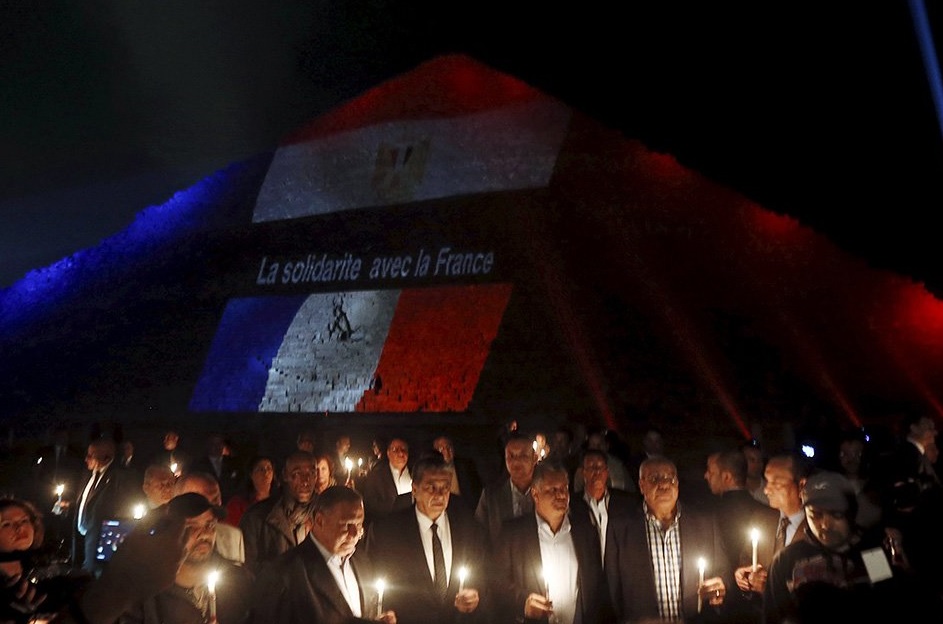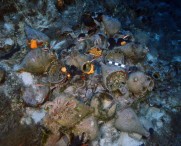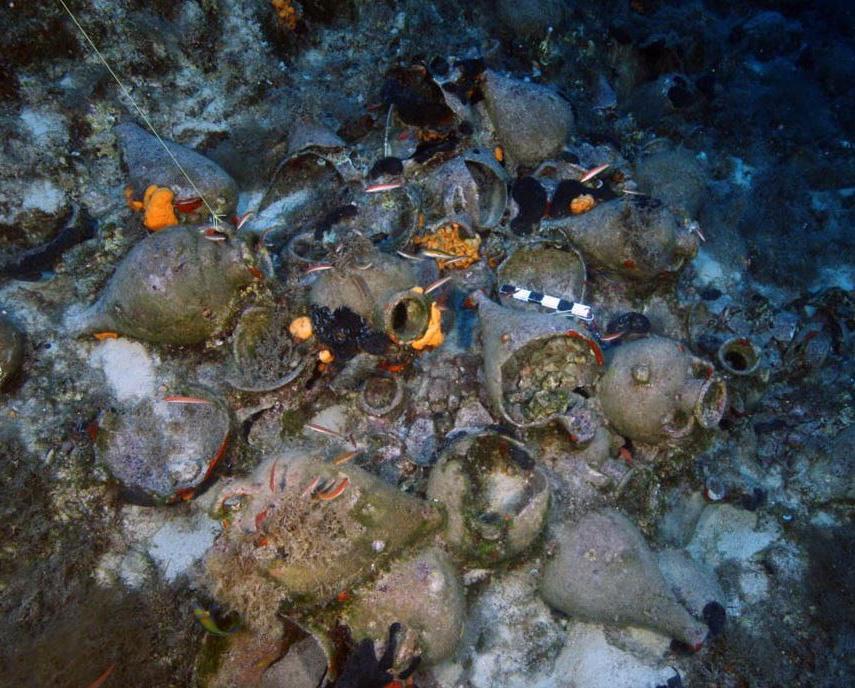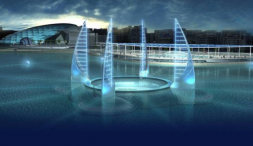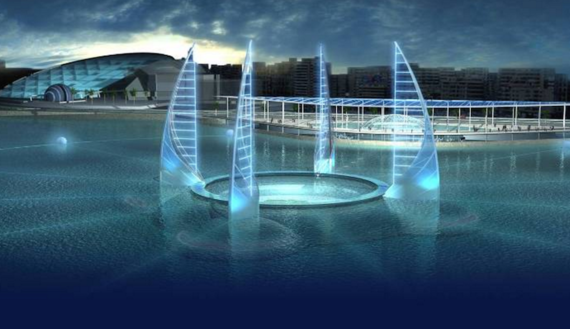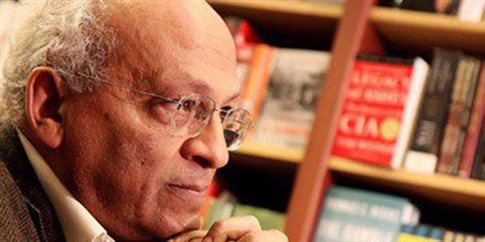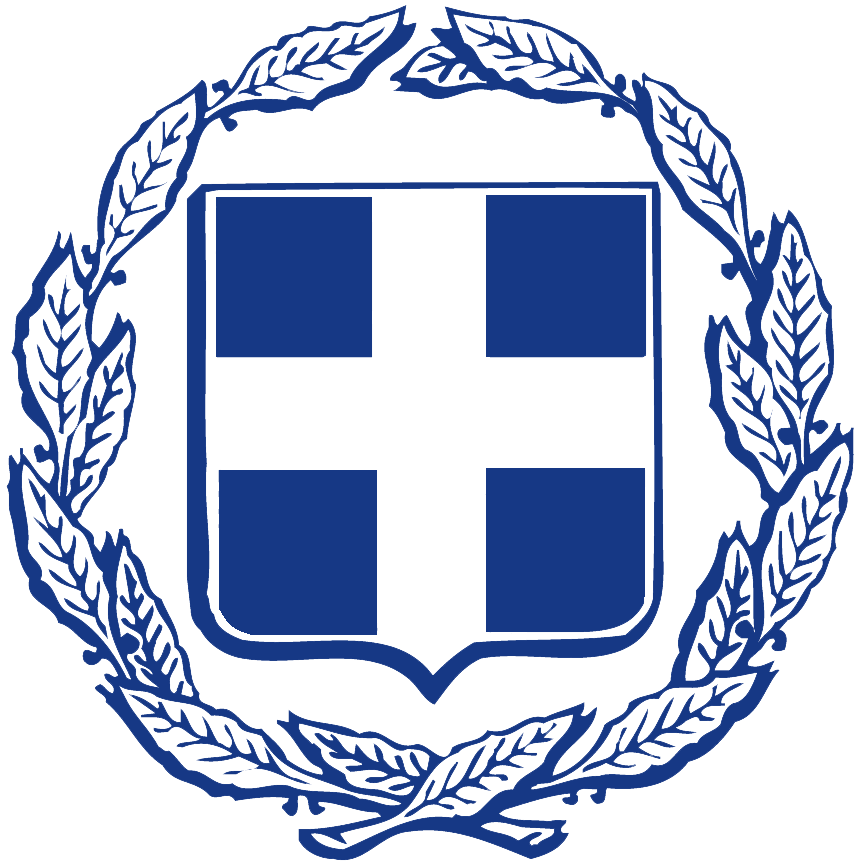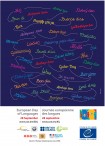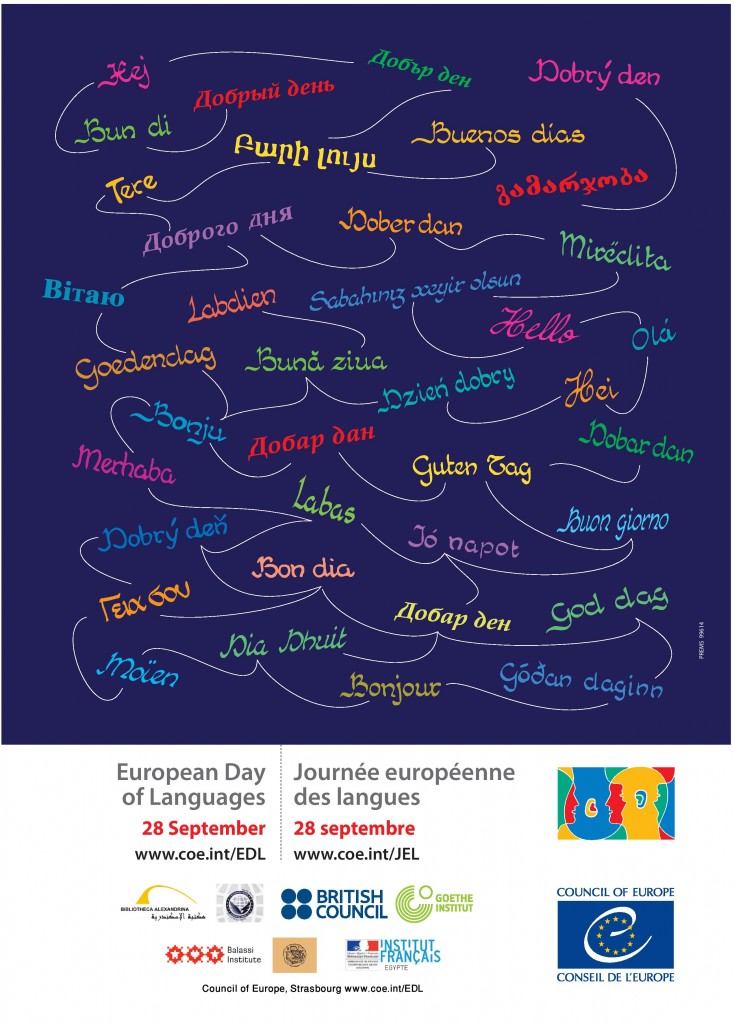Κριτική βιβλίου από τον Lyn Julius
«Ήταν ο μόνος ξένος που ήρθε στη χώρα, έφερε τα δικά του χρήματα και έκανε καλό στη χώρα». Έτσι φαίνεται να είπε ο εξόριστος βασιλιάς της Αιγύπτου Fuad μετά το θάνατο ενός Ιρακινό-Εβραίου εμπόρου βάμβακος από το Μάντσεστερ με το όνομα Joseph Smouha.
Σε μια πόλη όπου η εβραϊκή κοινότητα σήμερα είναι κάτω των πέντε Εβραίων, η κληρονομιά του Smouha, κατά ειρωνεία της τύχης, διαιωνίζεται σε ένα πυκνοκατοικημένο προάστιο της Αλεξάνδρειας που ονομάζεται Smouha. Η ιστορία για το πώς ο Joseph Smouha ήρθε για να αγοράσει, να χτίσει και να χάσει τελικά την περιοχή Smouha πόλη από το Αιγυπτιακό κράτος, έχει ειπωθεί από τον εγγονό του Richard (Dicky) Smouha ως ένα κομμάτι ζωντανής ιστορίας. Το Smouha City Venture: Alexandria 1923 -1958 έχει διανθιστεί με αρχιτεκτονικά σχέδια, αποκόμματα εφημερίδων και υψηλής ποιότητας φωτογραφίες. Κεφάλαια της Cristina Pallini και Marie-Cecile Bruwier ρίχουν φως στις τεχνικές πτυχές της αρχιτεκτονικής επιχείρησης και τα αρχαιολογικά ευρήματα της αρχαίας ελληνικής πόλης σε αυτό το σημείο της Αλεξάνδρειας.
Ήταν σε ένα ταξίδι με το τρένο από το Κάιρο προς την Αλεξάνδρεια το 1919, όταν ο επισκέπτης-επιχειρηματίας Joseph Smouha διέκρινε τις δυνατότητες που θα προέκυπταν από την αποξήρανση της λίμνης Hadra, που είχε μέγεθος το ένα έκτο της πόλης και απείχε μόλις τέσσερα χιλιόμετρα από το κέντρο της. Μετέφερε τη σύζυγο του και τα οκτώ τους παιδιά στην Αίγυπτο για να ζήσουν μαζί την περιπέτεια της ζωής τους. Η οικογένεια του φτάνοντας στην Αίγυπτο ήρθε αντιμέτωπη με ένα σοβαρό πολιτισμικό σοκ, λόγω της φτώχειας και των ασθενειών που μάστιζαν τη χώρα. Ανάμεσα σε ορισμένες διασκεδαστικές και ιδιόμορφες οικογενειακές βινιέτες που περιγράφει ο Richard Smouha, είναι και αυτή μιας κυρίας που έστειλε τον σοφέρ της για να μεταφέρει τα ψώνια της, ενώ αυτή διάβαζε το βιβλίο της στο αυτοκίνητο. Όταν ο σοφέρ επέστρεψε βρήκε το αυτοκίνητο τοποθετημένο επάνω σε τούβλα και τις ρόδες να λείπουν.
Ο παππούς του Richard, Joseph Smouha, αρνήθηκε τον τίτλο του ιππότη. Ήθελε να ονομάσει τη νέα πόλη-κήπο από το όνομα του βασιλιά Fuad l. Ο βασιλιάς επέμεινε ότι έπρεπε να ονομαστεί Smouha. Περίπου 75 φεντάνια γης (ένα φεντάνι είναι 4.200 τ.μ.) δόθηκαν στον Smouha το 1923, υπό την προϋπόθεση να αναλάβει ο ίδιος το μεγαλύτερο μέρος των εξόδων για την κατασκευή έργων αποχέτευσης.
Το 1925, ο Smouha προκήρυξε διαγωνισμό που προσέλκυσε συμμετοχές από κορυφαίους αρχιτέκτονες της Ευρώπης. Ένα οικιστικό συγκρότημα κατοικιών χτισμένο σε νεωτεριστικό ύφος διαμορφώθηκε στο Welwyn Garden City και στην Ηλιούπολη, αριστοκρατικό προάστιο του Καΐρου. Καθώς ο υδροφόρος ορίζοντας ήταν ψηλός, δεν μπορούσαν να κατασκευαστούν κελάρια. Το κόστος της στήριξης μιας βίλας με μπετόν ήταν σχεδόν τόσο μεγάλο όσο και η ίδια η βίλα. Μερικοί από τους δρόμους δεν είχαν ονόματα. (Η βίλα που ανήκε στη θεία του Richard, Betty Nagger, έμεινε έξω από την αρίθμηση στο δρόμο της. Από εκείνη τη στιγμή και μετά η διεύθυνση της ήταν Rue Mahmoud Gaber 0). Σε εκείνη την περιοχή αγόρασε βίλες η αφρόκρεμα της αιγυπτιακής αριστοκρατίας αλλά και εξόριστοι βασιλιάδες, για παράδειγμα ο Βίκτωρ Εμμανουήλ της Ιταλίας, ο οποίος πέθανε το 1947.
Η Smouha περιελάμβανε ένα αθλητικό σωματείο, γήπεδο γκολφ και ιππόδρομο. Το ήδη φημισμένο Sporting Club της Αλεξάνδρειας δεν αντιμετώπισε και πολύ φιλικά το νέο ανταγωνιστή και τα εβραϊκής καταγωγής μέλη της απέκλεισαν τη Smouha. «Αν δεν με θέλουν, θα έρθουν σε μένα”, δήλωσε προκλητικά.
Σύντομα η Smouha, η οποία διοικούνταν από τον Joseph, τους γιους του και το γενικό διευθυντή Daniel Delbourgo («μιλούσε πολλές γλώσσες, όλες άσχημα», αναφέρει ο Richard), συγκεντρώσε όλα τα χαρακτηριστικά μιας πόλης: ταχυδρομείο, αστυνομικό τμήμα, σχολεία, ιατρεία. Η Ford Motor Company είχε ανοίξει κατάστημα στη βιομηχανική ζώνη των εργαστηρίων και των αποθηκών.
Ο Joseph Smouha ήταν ένας ηθικός, έντιμος και γενναιόδωρος άνδρας, ο οποίος πλήρωσε για την κατασκευή ενός όμορφου τζαμιού, το οποίο ήρθε να προστεθεί στις εκκλησίες και τη συναγωγή.
Υπήρξε αποδεδειγμένα πατριώτης. Κατά τη διάρκεια του 2ου Παγκοσμίου Πολέμου κατέβαλλε τα χρήματα για την αγορά δύο Spitfires για τη RAF, ενώ οι τρεις γιοι του και η κόρη του κατατάχθηκαν στη RAF.
Το 1940 έμαθε ότι ήταν ο υπ’ αριθμόν 1 καταζητούμενος των Γερμανών σε περίπτωση που αυτοί καταλάμβαναν το Κάιρο. Ο Smouha έφυγε για μερικούς μήνες στη Νότια Αφρική.
Μετά τον πόλεμο ήρθε το πραξικόπημα των αξιωματικών και η μαζική εθνικοποίηση της περιουσίας Βρετανών, Γάλλων και Εβραίων, ως αποτέλεσμα της εθνικοποίησης του Σουέζ. Η Smouha είχε κατασχεθεί. Το 1957, μαζί με το 25% της εβραϊκής κοινότητας, των Αρμενίων, των Ελλήνων και της Αιγυπτιακής και Κοπτικής αριστοκρατίας, η οικογένεια εκδιώχθηκε από την Αίγυπτο και μετακινήθηκε στην Αγγλία και την Ελβετία. Το εισόδημα του κατρακύλησε στις 6 £ την εβδομάδα.
Ο Smouha διεκδίκησε τη μεγαλύτερη αποζημίωση από εβραϊκή πλευράς: £ 12,5 εκατομμύρια. Έξι χρόνια αργότερα, έλαβε £ 3.000.000. Η Αιγυπτιακή κυβέρνηση εμφάνισε φορολογικά έσοδα που να υποδηλώνουν ότι η Smouha Πόλη ήταν γεωργική γη.
Αλλά το οικογενειακό σπίτι των Smouha, με τα έπιπλα, τα σπάνια χαλιά και κοσμήματα – ένα παραθαλάσσιο αρχοντικό κατάλληλο για του Αιγύπτιους προέδρους – δεν κατασχέθηκαν ποτέ. Το 1986, η Αίγυπτος πέρασε μια απόφαση σύμφωνα με την οποία οι ιδιοκτήτες των ακινήτων που δεν είχαν πωληθεί θα μπορούσαν να τα διεκδικήσουν.
Το 2000, ο Richard και ο αδελφός του ο Brian προσέλαβαν έναν αιγύπτιο δικηγόρο για να διεκδικήσουν το σπίτι. Η υπόθεση συνεχίστηκε μέχρι το 2007. Το δικαστήριο όντας σε δύσκολη θέση να έρχεται σε αντιπαράθεση με τον ίδιο τον Αιγύπτιο Πρόεδρο προέβαλαν κάθε είδους εμπόδιο στα δύο αδέλφια. Προβλήθηκε ο ισχυρισμός ότι η αποζημίωση έχει ήδη καταβληθεί, ότι τα δύο αδέλφια δεν έχουν τη σωστή τεκμηρίωση (ακόμη και το Γραφείο Δημοσίων Αρχείων στο Kew αρνήθηκε να απελευθερώσει τα αρχεία), ότι τα εγγόνια δεν είχαν το δικαίωμα να κληρονομήσουν, ότι η υπόθεση αυτή δεσμεύεται από το καταστατικό των περιορισμών. Λίγο μετά οι αδελφοί αποφάσισαν να εγκαταλείψουν, ο Πρόεδρος Μουμπάρακ καθαιρέθηκε. «Είμαστε πίσω στην αρχή», γράφει Dicky.
Το βιβλίο αυτό στέκεται ως ένα μνημείο για έναν από τους μεγάλους εβραίους εκσυγχρονιστές του 1930 στην Αλεξάνδρεια, το «μαργαριτάρι της Μεσογείου». Ακόμη και αν η Αίγυπτος δεν θα αναγνωρίσει το χρέος της προς τον Joseph Smouha, η μνήμη του, χάρη στον εγγονό του, θα παραμείνει ζωντανή και καλά τεκμηριωμένη.
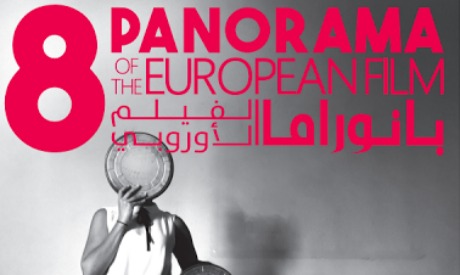 Over 60 films will be screened across Cairo, Alexandria, Tanta and Menya.
Over 60 films will be screened across Cairo, Alexandria, Tanta and Menya.